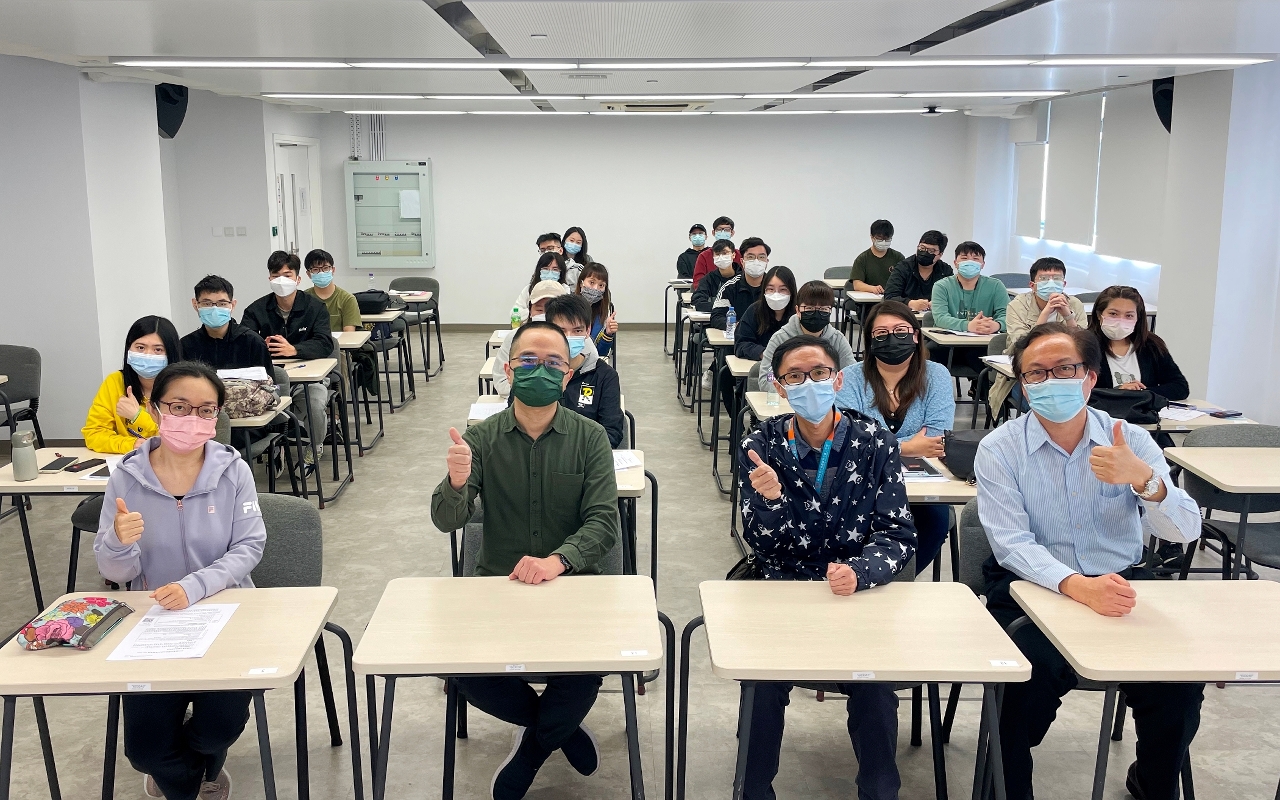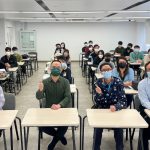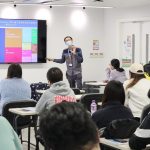 Macao Polytechnic University holds seminar on Gambling disorder prevention and treatment
Macao Polytechnic University holds seminar on Gambling disorder prevention and treatment
In order to help students to understand gambling disorders, the Centre for Gaming and Tourism Studies of Macao Polytechnic University invited two specialists from the Problem Gambling Prevention and Treatment Division of the Macao Social Welfare Bureau to give a lecture on "Macao Gambling Disorder Prevention and Treatment Services" to its students. Teachers and students of the Bachelor of Business Administration in Gaming and Recreation Management and the Bachelor of Social Work attended the lecture and the atmosphere was warm.
Mr. Un Kin Cheong and his colleague from the Social Welfare Bureau, respectively introduced the definition and characteristics of gambling, the concept of gambling disorders and addiction, and treatment methods for gambling disorders to MPU students. They also introduced the current situation of gambling disorders in Macao, promotion strategies and finally measures and effects of responsible gaming in Macao, from a practical perspective. The students shared their views on gambling disorders and responsible gambling implementation measures. Students who are currently working in the gaming industry shared how to further promote responsible gaming measures, and provided their own insights on deepening the effectiveness of responsible gaming in Macao.
Macao Polytechnic University actively pays attention to the mental health of its students. For several years, it has invited professionals from the Social Welfare Bureau to give lectures on the prevention and treatment of gambling disorders to students in order to help them to view gambling and gambling disorder related issues more rationally. So far, the outcome has been very positive.



